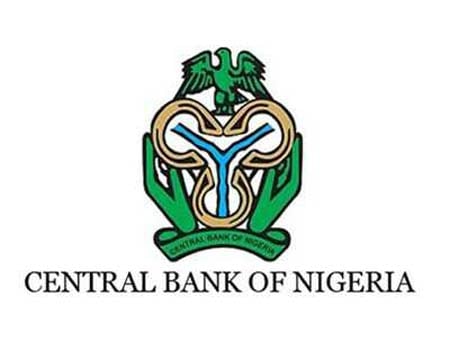THE Nigerian Employers Consultative Association (NECA) has called on the Federal Government through the Central Bank of Nigeria (CBN) to devalue the naira for economic recovery.
Speaking during a press briefing on Thursday in Lagos, the President of NECA, Mr. Larry Ettah, stated that “evidence from other economies is clear and compelling to the effect that floating exchange rate systems enable economies respond best to declines in the value of their exports and provide a natural adjustment mechanism to preserve foreign exchange (Forex) reserves and change incentives and behaviour of economic actors.”
He said Nigeria’s attempt at a fixed exchange rate system and administrative controls or rationing of scarce foreign currency has clearly failed and produced forex market arbitrage and “round-tripping”; corruption, multiple exchange rates and acted as a deterrence to investment.
“We commend the recent reforms adopted by the CBN based on the recommendation of the Acting President/National Economic Council, Prof. Yomi Osinbajo, and urge the CBN to take these reforms to the logical conclusion, which is ‘a floating exchange rate’ system,” he said.
Furthermore, he said one of the major deficiencies of current policy is the “body language” that suggests an aversion for private capital and investment and a seeming preference for government control of the economy.
“The evidence from most of the countries examined, especially Saudi Arabia, Egypt, Indonesia and even Russia however indicates the opposite-most oil dependent economies have anchored their post-oil strategies on private capital and investment in oil and non-oil activities.
“Most investors are interested in the Nigerian economy, but they have been deterred by lack of policy clarity and the confusion over forex. We understand that the Economic Recovery and Growth Plan (ERGP) articulates a clear policy preference for private capital and expect government to implement clear strategies for promoting such.
“Nigeria missed the opportunity of high oil prices between 2010 and 2014 failing to accumulate sufficient sovereign savings to provide a buffer against oil price shocks. We did not learn the lesson that one major reason Nigeria avoided more severe consequences of the Global Financial Crisis and Recession in 2008-2009 was because of the over $65billion accumulated in both foreign reserves and “excess crude account” in that period.
“This failure to save was in spite of the fact that the nation had created a Sovereign Wealth Fund through legislation. Going forward we must ensure that we save a portion of our commodity-related revenues in view of the inevitability of future declines,” he stated.
It may be recalled that Nigeria economy officially entered into recession during the third quarter of 2016, but the Federal Government has introduced ERGP aimed at growing the economy and taking it out of recession.




